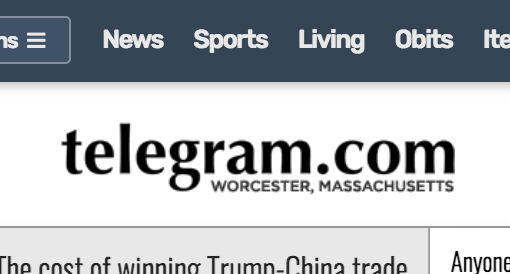Here are the end results of Affordable Access to Clean and Efficient Energy (AACEE) Initiative, which we were part of for the past year!
Among the programs launched is Affordable Clean Residential Energy (ACRE), which seeks to fund six awards for up to a total of $3 million to nonprofits that serve low income residents focusing on housing or supplying energy services. The awards aim to provide lifetime energy cost savings of up to $4.5 million for low income residents by funding programs that support the installation of solar electric and air-source heat pump systems in homes that contain one to four housing units.
Further, the Department of Energy Resources’ (DOER) Green Communities Division will offer Affordable Access Regional Coordination (AARC) grants to Regional Planning Authorities and Councils of Government to build in-house expertise around energy efficiency and clean energy through programs that provide training, education, and coordination services to municipal or community organizations that support low income populations.
In order to build upon the intergovernmental cooperation that is the cornerstone of the AACEE, DOER will continue to work with the Department of Housing and Community Development (DHCD) to identify and support renewable energy improvements in state-sponsored public housing that provide significant energy savings for the Commonwealth’s housing authorities.
DOER is also announcing the Zero-Energy Modular Affordable Housing Initiative (ZE-MAHI) grant program, which will help Massachusetts achieve significant replicable improvements in the energy performance of mobile and manufactured housing in the Commonwealth through the replacement of existing manufactured homes with new modular zero energy housing.
DOER recently released the final design for the Commonwealth’s next solar incentive program, Solar Massachusetts Renewable Target or SMART. SMART will continue Massachusetts’ nation leading solar growth with widespread access for all ratepayers, including low income residents and community shared solar. Once a new solar incentive has been approved and goes into effect, DOER will provide a $300,000 competitive grant for a low income community shared solar project that demonstrates an effective project design and use of the new incentive.
In addition to the many programs released, DOER is also releasing an RFI to develop a whole building incentive program for multifamily subsidized affordable housing. The whole building incentive program will identify demonstration project opportunities and support energy- and cost-saving solutions that utilize both energy efficiency and renewable energy technologies.


